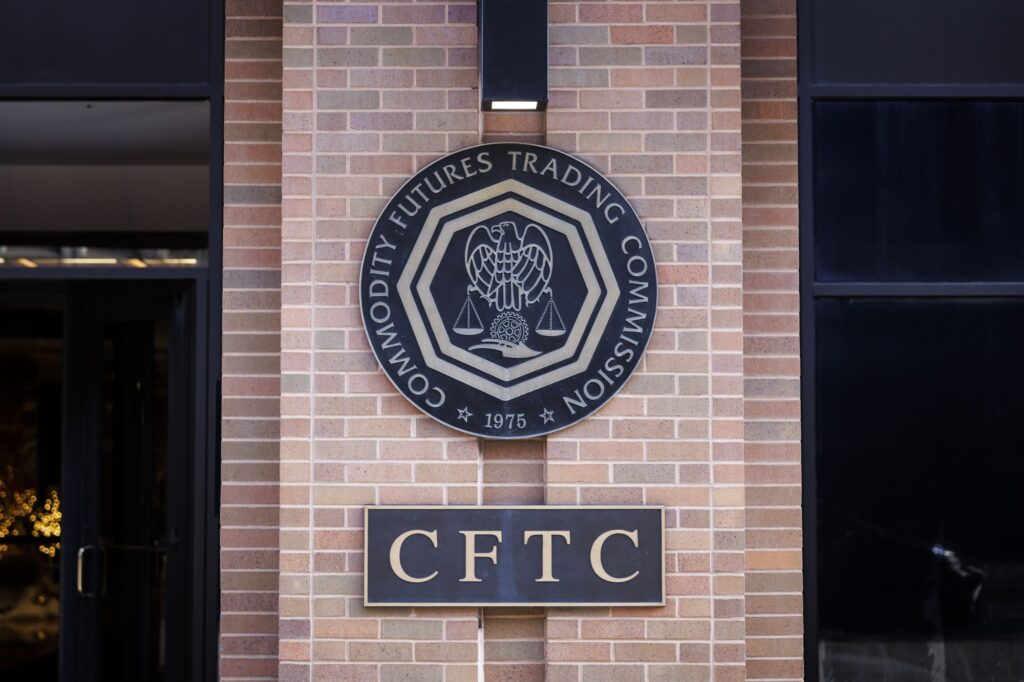Key Points:
- CFTC sues Voyager co-founder Stephen Ehrlich for fraudulently misrepresenting the safety of a cryptocurrency trading platform in a federal court in New York.
- CFTC investigators found Ehrlich and Voyager Digital violated derivatives rules, ultimately leading to the crypto lender’s bankruptcy.
- The CFTC is considering fines and non-criminal penalties against Ehrlich, pending commissioner approval.
According to Bloomberg Law, the U.S. Commodity Futures Trading Commission (CFTC) has initiated legal action against Stephen Ehrlich, co-founder and former CEO of Voyager Digital Ltd., accusing him of fraudulent practices.

CFTC Sues Voyager Co-founder Stephen Ehrlich for Deceptive Practices
The lawsuit, filed in federal court in New York, alleges that Ehrlich misled customers about the safety of their digital assets while operating a cryptocurrency trading and custody platform.
The CFTC investigation found that Ehrlich and Voyager Digital had violated derivatives rules, leading to the bankruptcy of the crypto lender last year. The agency concluded that Ehrlich broke its rules by falsely portraying the platform as a “safe haven” for digital assets. Bloomberg had previously reported the findings; CFTC sues Voyager co-founder is the next event related.
CFTC’s Legal Action Against Ehrlich
The CFTC’s enforcement division recommended pursuing legal action against Ehrlich, and the agency’s commissioners are currently voting on whether to approve an enforcement action. If approved, the CFTC can seek fines and impose non-criminal penalties against Ehrlich. The agency’s investigations do not always lead to enforcement actions.
The probe into Voyager Digital’s conduct revealed deceptive practices, prompting the CFTC’s action. Voyager, which disclosed the CFTC’s inquiry in August 2022 as part of its bankruptcy case, faced scrutiny regarding its business operations, customer interactions, and lending activities.
DISCLAIMER: The information on this website is provided as general market commentary and does not constitute investment advice. We encourage you to do your own research before investing.






















